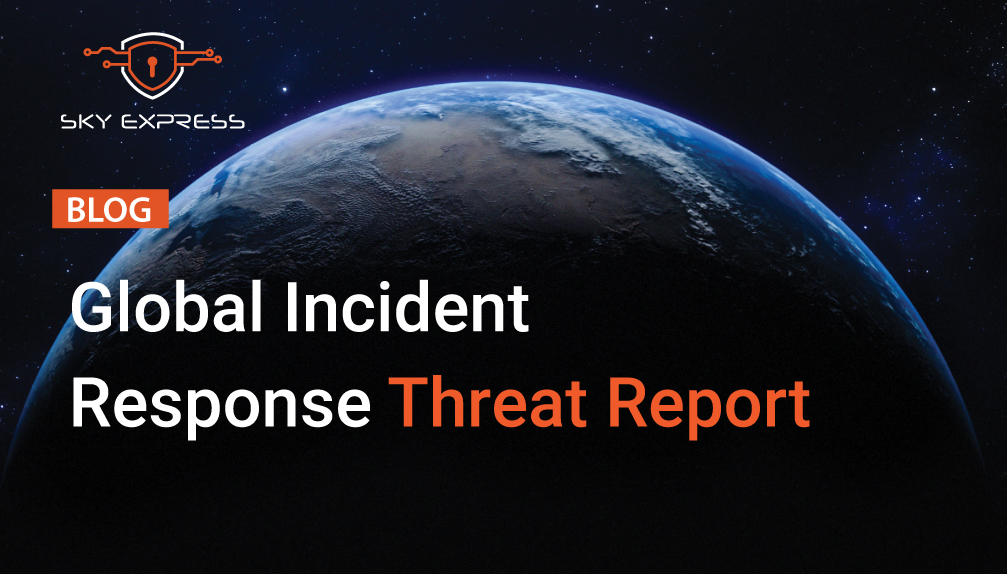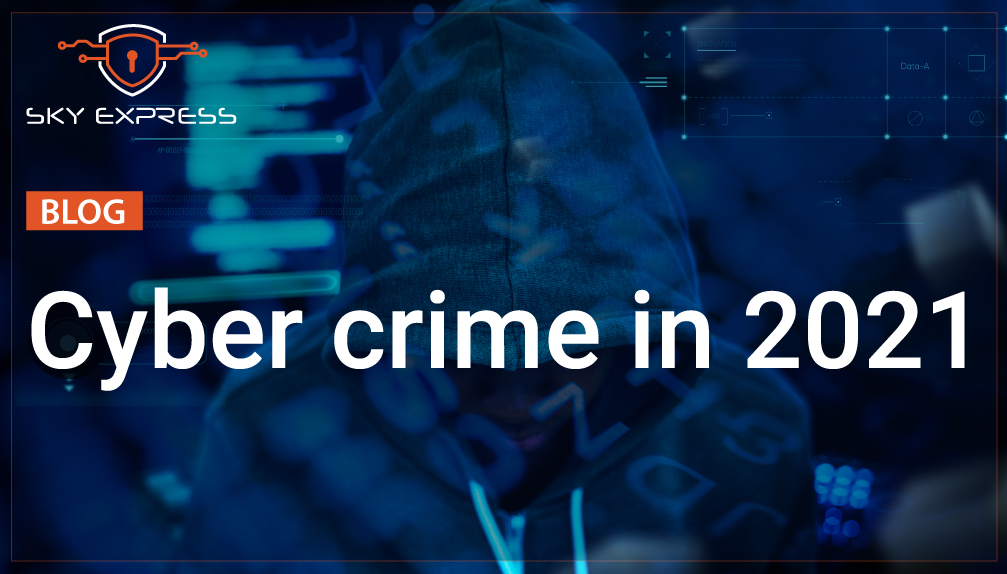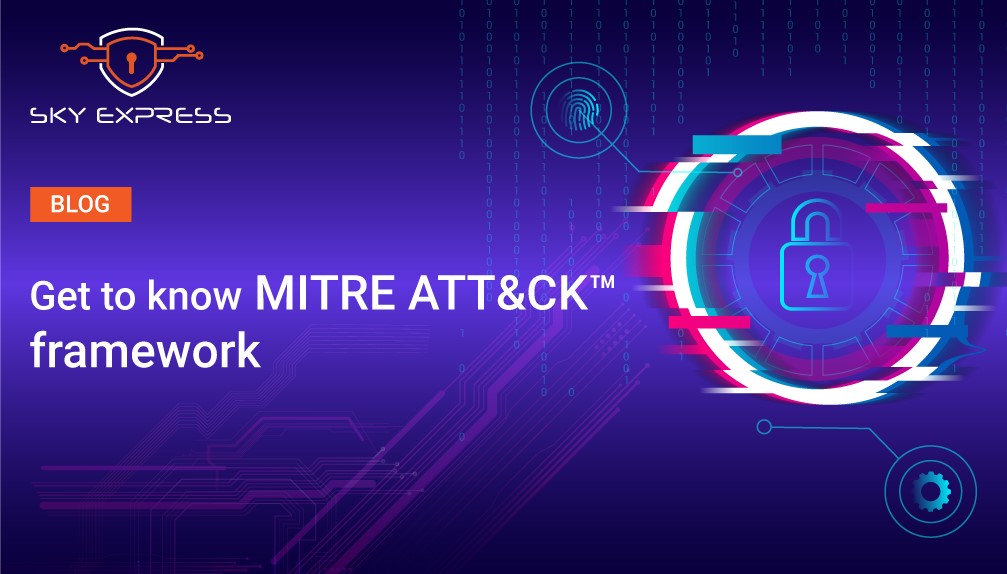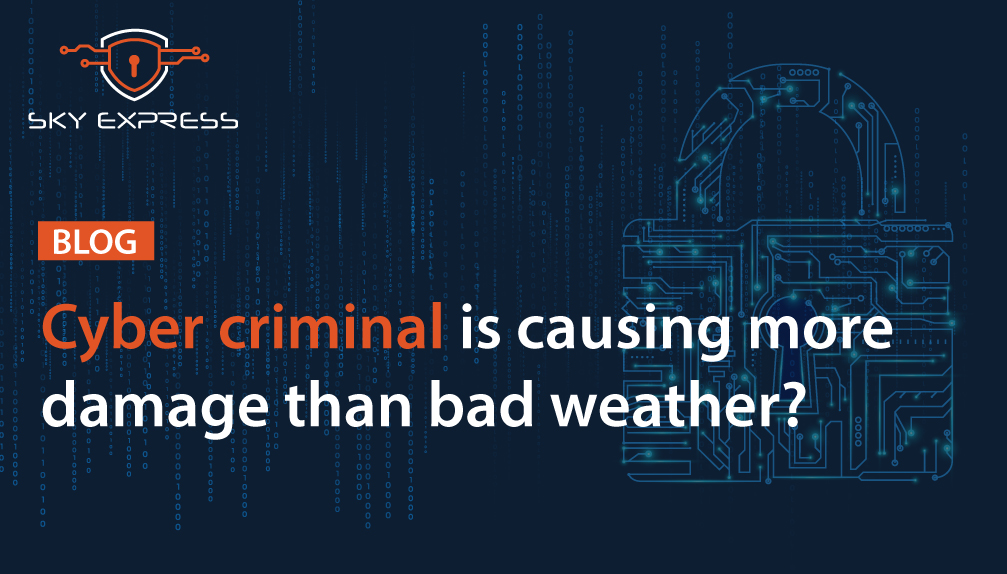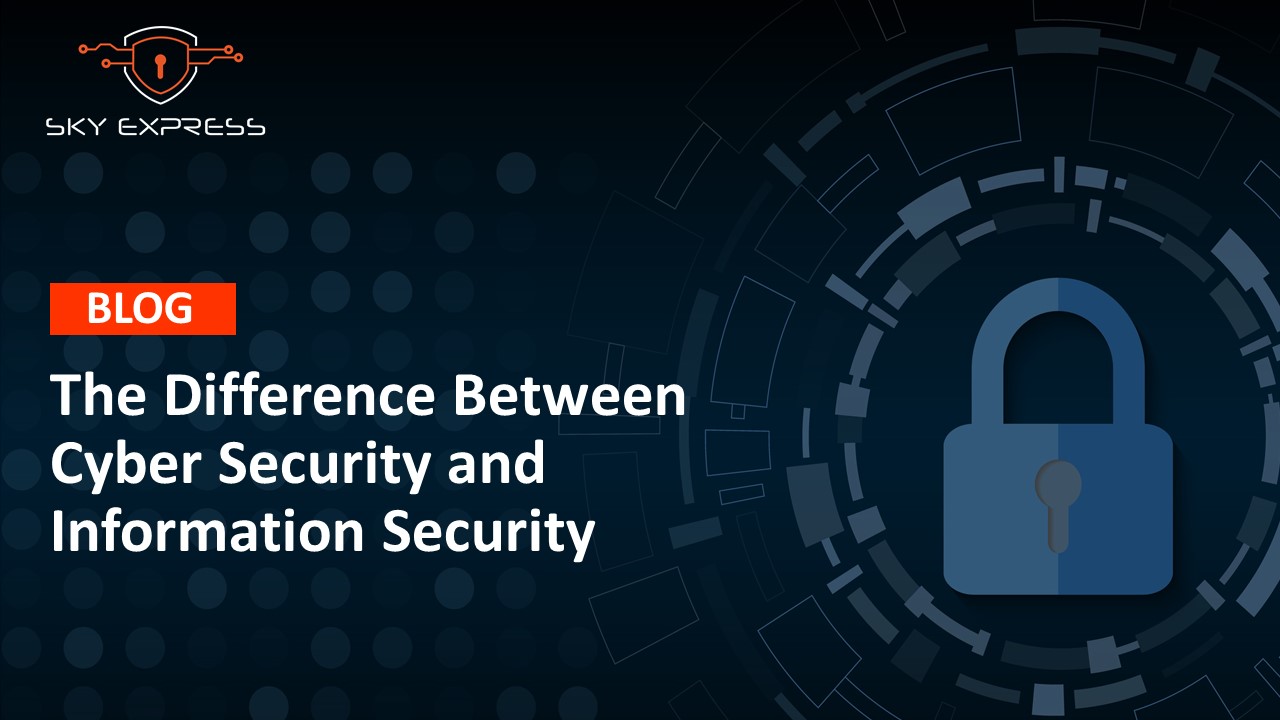Cybersecurity Based on Artificial Intelligence: A New Frontline of Cyber Defense
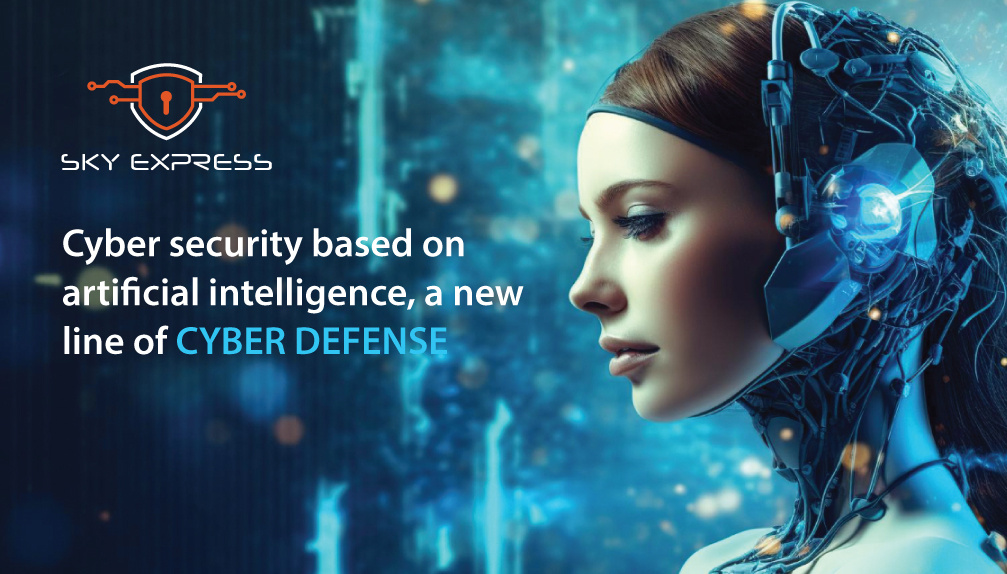
The cybersecurity landscape is in a constant state of evolution, with cyber threats becoming increasingly sophisticated and challenging to detect and mitigate, as evidenced by the emergence of the latest AI cyber threat: WormGPT.
As technology advances, so do the methods used by cybercriminals to breach systems and steal data.
Traditional approaches to cybersecurity defense heavily rely on detection mechanisms based on existing "hash" signatures of malicious software. These systems work by comparing incoming data with a collection of known threats or signatures of malicious code. When a match is detected, the system issues a warning and initiates actions to prevent or isolate the threat.
Although this method has proven effective against known threats, it has not been efficient against new or unknown threats and lacks the ability to adapt to the constantly changing cyber threat landscape. This is where AI (artificial intelligence) comes into play.
Artificial intelligence in cybersecurity involves using AI technologies to enhance the detection, prevention, and response to cyber threats. AI can be utilized to analyze large amounts of data, identify patterns, and make predictions that would be difficult or impossible for humans to do on their own.
Unlike the traditional approach, cybersecurity solutions based on artificial intelligence use machine learning (ML) algorithms capable of detecting and responding to known and unknown threats in real-time. Machine learning algorithms are trained on massive amounts of data, including historical threat data and network and endpoint data, to identify patterns that are hard for humans to see. This allows for real-time threat identification and response without the need for human intervention.
Today, the number of alerts and potential cyber threats exceeds the capacities of human experts to effectively handle them. Therefore, to overcome these challenges and advance in the digital landscape, organizations must turn to artificial intelligence and other cutting-edge technologies to strengthen their defense.
VMware Carbon Black has created an innovative cloud-based security platform with a smart, lightweight agent and a wealth of AI/ML-based cloud data, providing comprehensive endpoint protection and defense against various threats. VMware Carbon Black EDR (Endpoint Detection and Response) uses AI in multiple ways to enhance its detection and response capabilities.
Here are a few specific examples of how AI is used in VMware Carbon Black EDR:
Behavior Analysis: VMware Carbon Black EDR uses artificial intelligence to analyze endpoint behavior and identify anomalies that may indicate malicious activity. This includes unusual file access patterns, changes to registry settings, and the use of known malicious tools.
Threat Identification: AI in VMware Carbon Black EDR is employed to identify new threats that may not be known to its signature-based detection mechanism. This is done by analyzing large datasets of endpoint telemetry to identify patterns associated with malicious activity.
Integration with Threat Intelligence: VMware Carbon Black EDR integrates with threat intelligence sources to provide context for its detection. This ensures that Carbon Black EDR not only detects malicious activities but also understands the intent behind that activity.
Incident Response Automation: VMware Carbon Black EDR uses artificial intelligence to automate the incident response process. This includes actions such as quarantining infected hosts, alerting the security team, and updating security policies.
The collaboration between humans and artificial intelligence will play a crucial role, combining the automation of artificial intelligence with the analytical capabilities of human expertise for strategic decision-making. As artificial intelligence continues to evolve, it will be essential for ensuring transparency and trust in AI-driven decisions while addressing privacy concerns and potential adversarial attacks. This will fully harness the potential of artificial intelligence in securing our digital world.
The future of AI in cybersecurity is promising, playing a key role in protecting organizations from constantly evolving cyber threats.
With the ability to process vast amounts of data, adapt in real-time, and provide predictive insights, AI-driven cybersecurity solutions will provide a robust line of defense for organizations, helping strengthen critical systems, protect sensitive data, and ensure a more resilient digital future.
However, as artificial intelligence becomes more prevalent in cybersecurity, it will be crucial to address challenges related to data privacy, ethical considerations, and potential adversarial attacks to fully leverage the potential of artificial intelligence in securing our digital world.
Recent Posts
About Us

Sky Express is an exclusive distributor of advanced cybersecurity solutions and services in the field of information security, covering SEE market.
Sky Express offers a very selective range of complemental, compatibile.
Learn more









